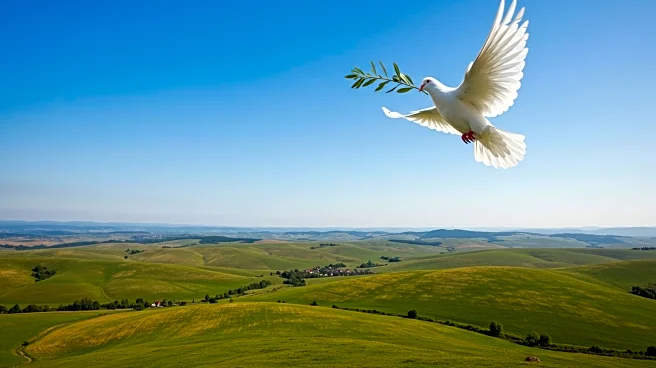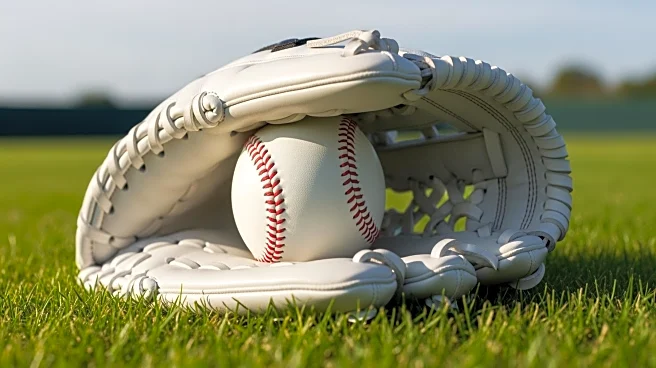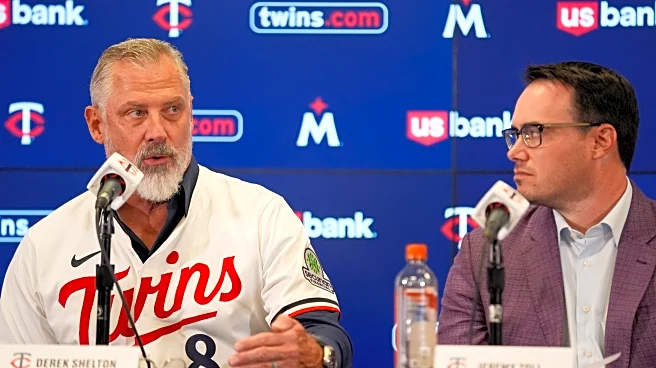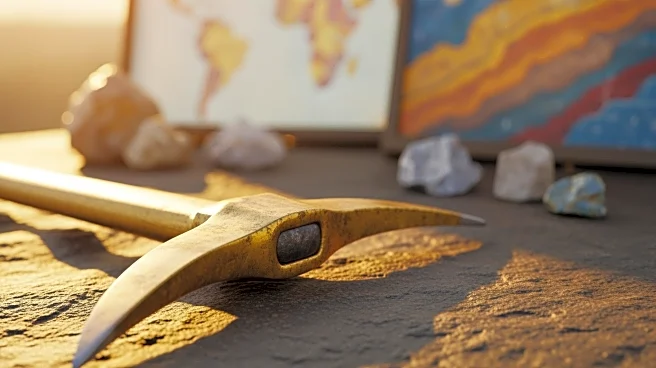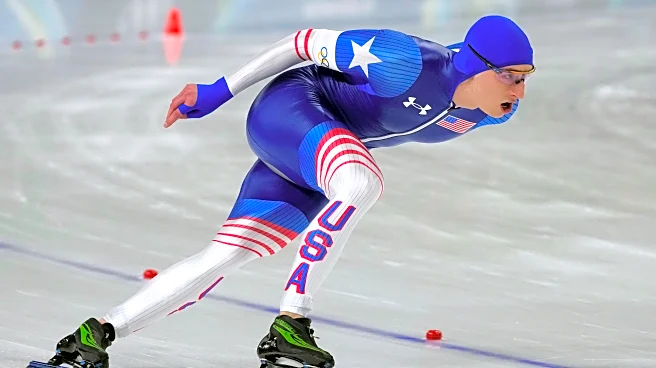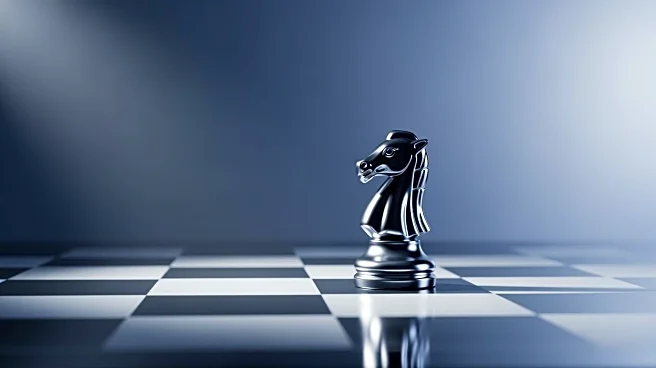What's Happening?
Russia and Ukraine have conducted another prisoner exchange, releasing 146 prisoners of war from each side. This exchange is part of a series of swaps that have occurred since Russia's offensive began in 2022. The exchanges are one of the few areas of cooperation between the two nations, following three rounds of talks in Istanbul earlier this year. Among those released were two Ukrainian journalists, Dmytro Khyliuk and Mark Kaliush, who were detained for their journalistic work. Additionally, former Kherson mayor Volodymyr Mykolayenko was freed after spending over three years in captivity.
Why It's Important?
The prisoner exchanges highlight a rare instance of cooperation between Russia and Ukraine amidst ongoing hostilities. These exchanges are crucial for the individuals involved, providing relief to families and communities affected by the conflict. The release of journalists underscores the challenges faced by media workers in conflict zones, emphasizing the importance of press freedom. The involvement of international organizations like Reporters Without Borders in advocating for the release of detained journalists further highlights the global concern for human rights and freedom of expression.
What's Next?
Continued prisoner exchanges may serve as a foundation for further diplomatic engagements between Russia and Ukraine. The international community, including human rights organizations, is likely to maintain pressure on both governments to uphold human rights standards and ensure the safety of journalists and civilians. Future exchanges could potentially lead to broader discussions on conflict resolution and peace-building efforts.
Beyond the Headlines
The release of journalists and political figures like Volodymyr Mykolayenko points to the complex dynamics of political imprisonment and the ethical considerations surrounding prisoner swaps. These exchanges may influence public perception and morale within both countries, potentially affecting domestic and international political strategies.
